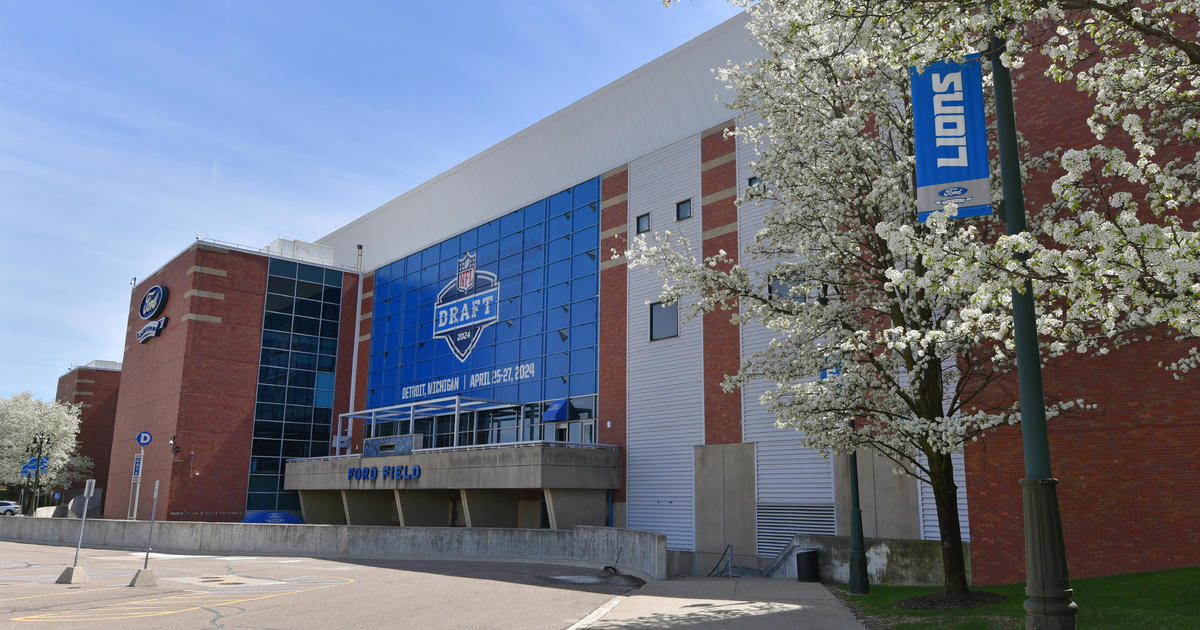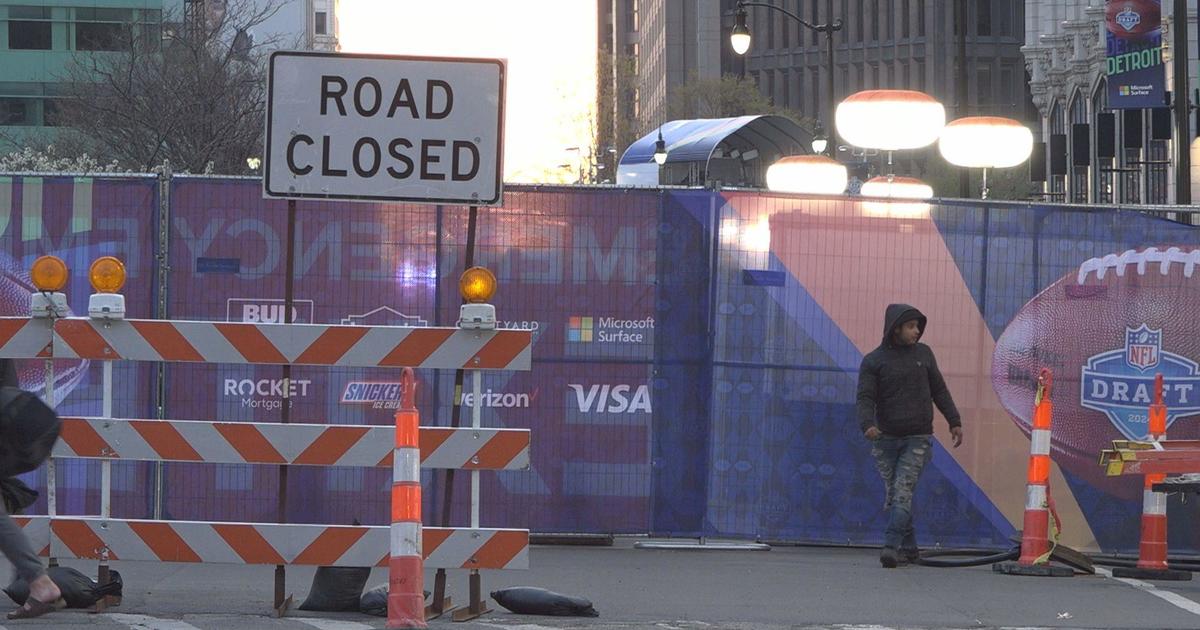Sterling Heights PD fights opioid epidemic with unique approach
STERLING HEIGHTS, Mich. (CBS DETROIT) - "The opioid epidemic, it's devastating communities across the country and Sterling Heights is no different," said Sterling Heights police Lt. Mario Bastianelli.
Bastianelli said the Sterling Heights Police Department partnered with Families Against Narcotics to roll out several programs to help fight the opioid epidemic that is raging across the country.
"Our chief being a real innovative person, realized that we needed to do something different, something outside the box for our community," Bastianelli said.
The first program, which rolled out in 2019, is the Comeback Quick Response Team. The most recent program is called "Redirect," which aims to keep low-level offenders out of jail and get them into recovery.
"I think as law enforcement we've evolved and we're providing so much more for our community to help with a big problem that people are suffering from across the nation and I think that's the key, I think law enforcement is waking up and realizing you need a special tool for a special problem and we have that with the comeback quick response team and with redirect." Bastianelli said.
These programs are changing the way law enforcement treats those suffering from addiction. The goal is to provide recovery, resources and compassion.
"Just arresting people over and over again is just not the solution," said Linda Davis, executive director of Families Against Narcotics.
Davis worked as a judge in Macomb County for 19 years. Now, she is using her prior experience and connections in law enforcement to make a positive change in the criminal justice system.
"This is just a program that has grown statewide, we get calls from all over the country, to speak about our program because it works and it's innovative and it's different and it thinks outside of the box, and it's really giving people a chance at recovery," Davis said.
15 years after being part of the group that started FAN, Davis said it is encouraging to see necessary changes happening and she is delighted police, the prosecutor's office and judges are on board with her efforts.
"When you start changing the stigma of addiction and police officers are really starting to view this as a disease they can help with and be a partner with, we really have hope with a different kind of tomorrow with drug addiction," Davis said.
Jacob Korthals is currently in recovery.
"Everything changed for me when I came in contact with FAN," Korthals said.
Korthals said he spent 5 years in jail because of what drug addiction lead him to do.
"I was definitely that hopeless addict that no one never thought would get it together," he said.
Korthals said there was a time in his life when he didn't think it was possible that police wanted to help people like him - get the help they needed.
"I always felt like police and the whole criminal justice system was really out to get us," he explained.
This is exactly why Bastianelli said it's important for police departments to be part of the solution and build bridges with their communities.
Meanwhile, Korthals has been sober going on 3 years and he is even working as a coach helping others overcome their addiction.
"I am really grateful for this program, you know to go from using and being homeless and all of that, to having a coach and going through FAN and all these programs to now becoming a coach myself. It's come full circle."




